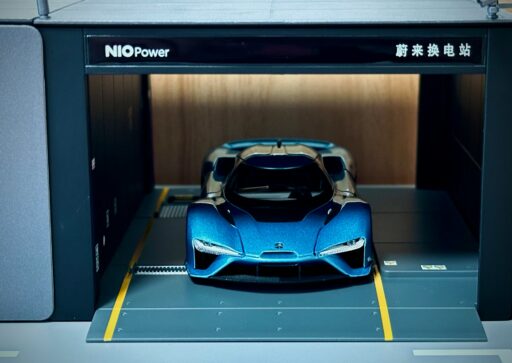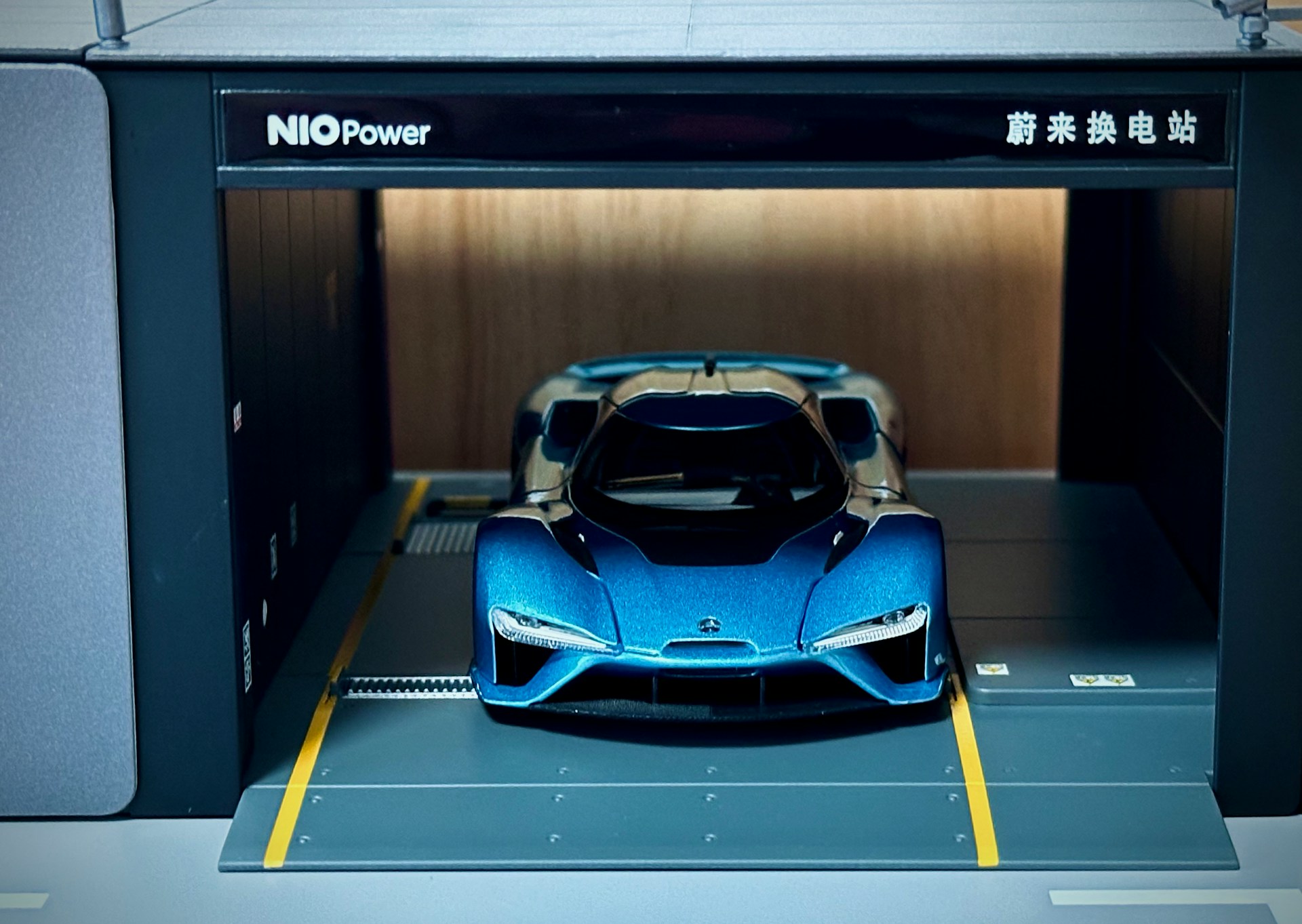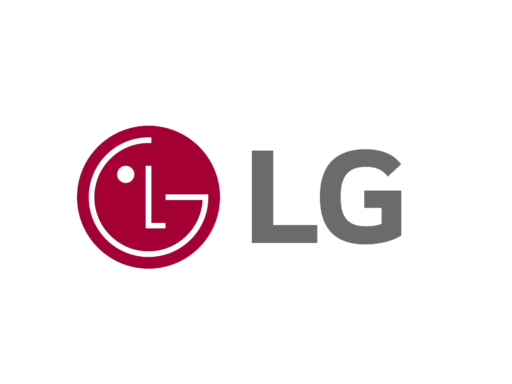NIO Inc. is a Chinese electric vehicle (EV) manufacturer that has rapidly become a significant player in the global electric vehicle market. Known for its innovative approach to electric mobility, NIO aims to provide premium electric vehicles while contributing to global sustainability efforts. Founded in 2014, the company has garnered attention for its unique business model, which includes not only the sale of electric vehicles but also its battery swapping technology and connected services, making it a leader in the EV sector. NIO’s focus is on providing high-performance, zero-emission vehicles with cutting-edge technology and sustainable design to meet the needs of the eco-conscious consumer.
With the rise of the electric vehicle market, NIO has made substantial advancements in driving the transition to green, low-carbon transportation. The company is committed to reducing global dependence on fossil fuels and reducing greenhouse gas emissions through its innovative vehicles, which combine luxury, performance, and sustainability. NIO’s long-term goal is to promote the adoption of electric vehicles and foster a more sustainable automotive ecosystem. Through its products and services, NIO is contributing to the global shift towards a more sustainable, zero-emission future.
- NIO plans to increase its annual production capacity to over 200,000 vehicles by 2025.
- The company has committed to achieving carbon neutrality by 2035, with a focus on sustainable manufacturing and circular economy principles.
- NIO’s vehicles are equipped with cutting-edge energy efficiency technologies that significantly reduce carbon emissions compared to traditional vehicles.
Source: https://www.nio.com/sustainability
Sustainability Strategy and Goals
NIO’s sustainability strategy is built around its commitment to the environment, innovation, and clean energy solutions. The company has aligned its goals with global climate action frameworks, such as the Paris Agreement, aiming to reduce its carbon footprint across the entire value chain. NIO’s sustainability approach includes the use of renewable energy, energy-efficient manufacturing processes, and sustainable sourcing of materials for its electric vehicles.
A core element of NIO’s strategy is its battery swapping technology, which reduces the carbon footprint of charging EVs and ensures a longer lifespan for batteries. NIO’s vehicles are designed to be energy-efficient and use recyclable and sustainable materials. The company’s battery-as-a-service model allows for easier battery replacement and promotes the reuse of battery cells, thus minimizing waste and promoting a circular economy.
NIO is also focused on creating a sustainable supply chain and integrating green technologies into its production process. The company has committed to reducing its carbon emissions by 40% by 2030 and achieving carbon neutrality by 2035. Additionally, NIO is working to scale up its use of renewable energy sources and invest in energy storage systems that help optimize the performance and integration of renewable energy.
- NIO is committed to reducing carbon emissions by 40% by 2030, through improved energy efficiency and sustainable manufacturing practices.
- The company aims to achieve carbon neutrality across its entire operations and value chain by 2035.
- NIO plans to increase the percentage of recycled materials in its vehicles by 30% by 2025.
Source: https://www.nio.com/sustainability
Key Sustainability Innovations and Technologies
NIO is pushing the boundaries of sustainability with its focus on energy-efficient technologies, battery management systems, and reducing the environmental impact of its products. One of the company’s standout innovations is its Battery Swap Stations, which allow customers to swap their depleted battery packs for fully charged ones in just a few minutes. This system reduces the need for long charging times and allows for efficient use of energy, while also promoting battery reuse and recycling.
NIO’s electric vehicles, including the ES8 and ES6 SUVs and the EC6 crossover coupe, incorporate sustainable materials such as plant-based fibers, recycled plastics, and lightweight metals to reduce their environmental impact. Additionally, NIO’s commitment to sustainability extends to its energy infrastructure. The company is developing smart energy systems that combine electric vehicles, solar power, and home energy storage solutions to create a seamless, green energy ecosystem for consumers.
NIO is also committed to reducing the carbon intensity of its production process. The company’s manufacturing facilities are powered by renewable energy sources, and the company is exploring sustainable practices in areas such as waste management and water conservation.
- NIO’s battery swapping stations are designed to support a circular economy, where batteries are reused and recycled, reducing waste and extending battery life.
- NIO’s electric vehicles are built using lightweight metals and sustainable materials, reducing their overall carbon footprint.
- The company’s smart energy systems allow for the integration of renewable energy into its vehicle and home energy ecosystems, reducing reliance on traditional energy sources.
Source: https://www.nio.com/innovation
Measurable Impacts
NIO’s sustainability efforts have had a measurable impact on reducing carbon emissions and improving energy efficiency. In 2023, the company’s fleet of electric vehicles helped reduce over 600,000 metric tons of CO2 emissions, a significant contribution to global carbon reduction efforts. NIO’s commitment to renewable energy has also led to the use of 100% renewable energy in its production facilities, which has further reduced the company’s carbon footprint.
In addition, NIO’s Battery-as-a-Service (BaaS) model has led to a reduction in energy consumption, as vehicles are kept running with optimized battery usage and less downtime during charging. The company’s collaboration with various partners to provide clean energy infrastructure has supported the transition to renewable energy in several markets.
- NIO’s electric vehicles have helped reduce over 600,000 metric tons of CO2 emissions in 2023 alone.
- The company has achieved 100% renewable energy use in its production facilities as of 2023.
- NIO’s smart energy systems have allowed for the storage of over 2 million kWh of renewable energy in the past year, supporting grid stability and clean energy adoption.
Source: https://www.nio.com/sustainability
Challenges and Areas for Improvement
Despite its impressive progress in sustainability, NIO faces challenges that are common to the electric vehicle industry. One of the key challenges is scaling production to meet the increasing global demand for electric vehicles while maintaining sustainability across the value chain. As NIO continues to grow, it must ensure that its supply chain remains efficient, responsible, and capable of handling the increased demand for raw materials.
Battery production remains one of the most resource-intensive processes in the automotive industry. NIO has committed to improving battery recycling processes and sourcing sustainable materials, but managing the environmental impact of battery manufacturing continues to be a significant challenge. Additionally, the company is working on minimizing the carbon footprint associated with vehicle logistics and transportation.
NIO also faces challenges related to the integration of renewable energy solutions into its global supply chain. While the company has made strides in using renewable energy for its production, further expanding its use of renewable energy sources across all markets is essential for achieving long-term sustainability goals.
- NIO is focused on increasing its use of recycled materials in vehicle production, aiming for a 30% increase by 2025.
- The company aims to develop more efficient battery recycling systems to ensure that its batteries are reused, reducing the need for virgin materials.
- NIO is committed to ensuring that 100% of its supply chain is powered by renewable energy by 2030.
Source: https://www.nio.com/sustainability
Future Plans and Long-Term Goals
NIO’s long-term sustainability strategy focuses on becoming a leader in clean, renewable energy and sustainable mobility. The company plans to scale up the production of its electric vehicles, focusing on performance, energy efficiency, and sustainable materials. By 2025, NIO plans to increase its production capacity to over 200,000 units per year, accelerating the transition to a more sustainable automotive future.
A key aspect of NIO’s strategy is the expansion of its Battery Swap Station network, which supports the circular economy and reduces the environmental impact of battery production. The company also aims to continue its efforts in integrating renewable energy into its products, such as electric vehicles, home energy storage systems, and solar energy products.
Looking ahead, NIO is focused on expanding its vehicle portfolio to include more affordable electric vehicles, making electric mobility more accessible to a broader market. The company plans to increase its research and development in areas such as autonomous driving, smart energy systems, and sustainable battery technologies to further support its sustainability goals.
- NIO aims to increase its annual production to over 200,000 electric vehicles by 2025.
- The company plans to expand its Battery Swap Station network by 50% by 2027.
- NIO intends to use 100% recyclable and sustainable materials in all of its vehicles by 2030.
Source: https://www.nio.com/sustainability
Comparisons to Industry Competitors
NIO’s sustainability efforts are in line with other prominent electric vehicle manufacturers, such as Tesla, Rivian, and Lucid Motors, which are also committed to reducing carbon emissions and driving the adoption of electric mobility. While Tesla has established itself as a dominant player in the global EV market, NIO distinguishes itself by focusing on providing premium electric vehicles with advanced battery swapping technology and smart energy systems.
Key Competitors:
- Tesla: Tesla, a leader in the electric vehicle and clean energy sectors, has a strong focus on battery technology, autonomous driving, and renewable energy integration. Tesla’s vehicles, such as the Model S and Model 3, focus on performance, innovation, and sustainability. Source: https://www.tesla.com/sustainability
- Rivian: Rivian is an American EV manufacturer that focuses on adventure-oriented electric vehicles, including its R1T truck and R1S SUV. Rivian also emphasizes its partnership with Amazon to provide electric delivery vans. Source: https://www.rivian.com/sustainability
- Lucid Motors: Lucid Motors focuses on luxury electric vehicles, including the Lucid Air sedan. The company’s vehicles are designed to offer long-range capabilities, performance, and sustainability, competing with Tesla’s premium models. Source: https://www.lucidmotors.com/sustainability
- Tesla plans to produce 20 million electric vehicles annually by 2030.
- Rivian plans to scale production to 400,000 vehicles annually by 2027.
- Lucid Motors aims to produce 20,000 vehicles annually by 2025.
Source: https://www.tesla.com/sustainability, https://www.rivian.com/sustainability, https://www.lucidmotors.com/sustainability
Our Thoughts
NIO has established itself as a major player in the electric vehicle and sustainability sectors, with a clear commitment to reducing carbon emissions, improving energy efficiency, and advancing circular economy practices. Its focus on battery swapping technology, smart energy systems, and the use of sustainable materials in vehicle production sets it apart from other EV manufacturers. While challenges remain in scaling production and integrating renewable energy across all markets, NIO’s ambitious goals to become carbon-neutral by 2035 and expand its sustainable vehicle offerings make it a leader in the shift toward electric mobility and clean energy.
NIO’s future plans to expand production, integrate renewable energy, and develop new technologies will play a crucial role in shaping the future of sustainable transportation. As the EV industry continues to grow, NIO’s commitment to sustainability will help ensure that electric vehicles become the mainstream mode of transportation in the coming years.






